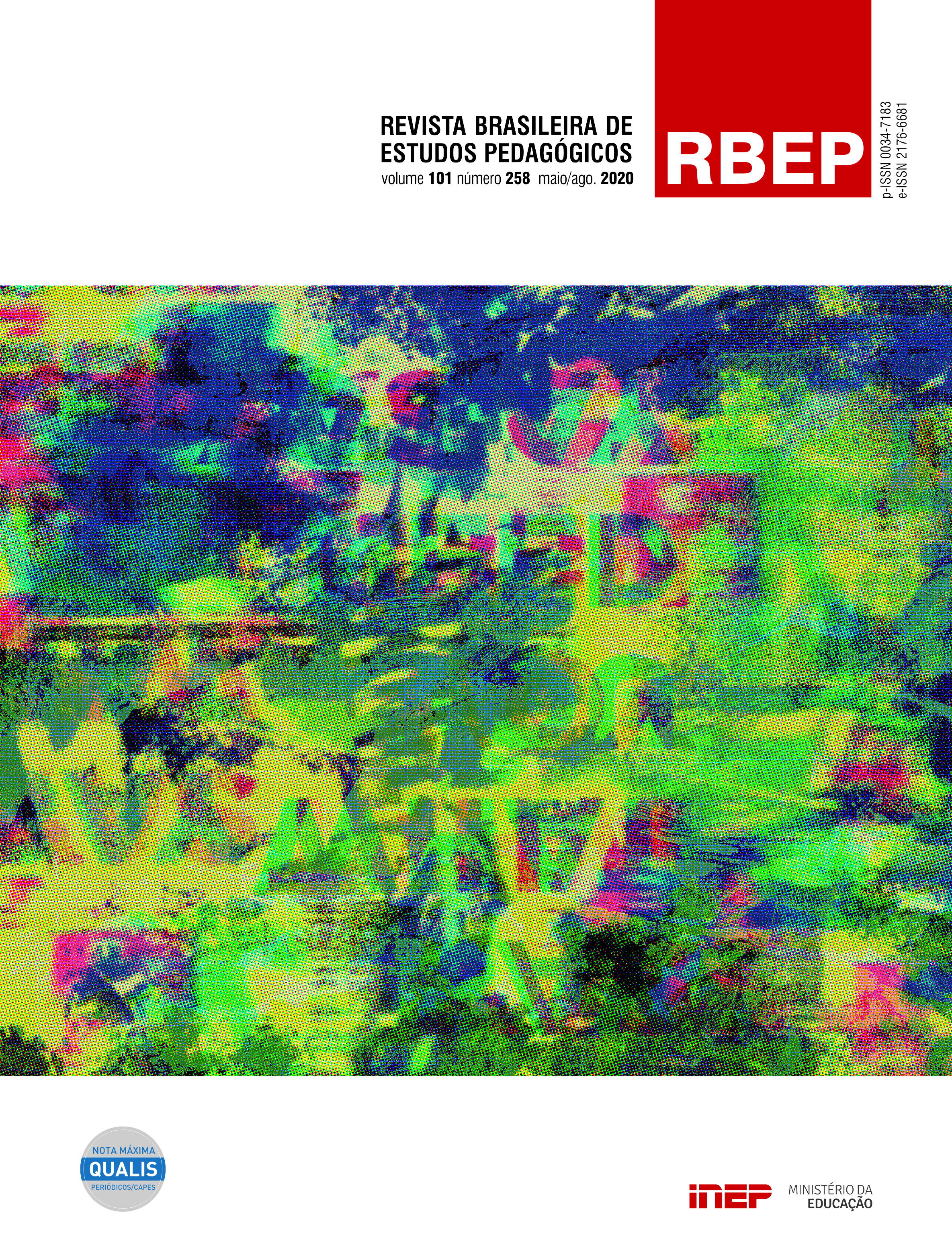Self-efficacy, job satisfaction, sociodemographic aspects and working conditions of Parfor’s teacher-students
Abstract
This article discusses the concepts of self-efficacy and satisfaction at work, aiming to evaluate the relation between them and teacher’s sociodemographic aspects and working conditions. Data were obtained
through instruments such as: 1) characterization questionnaire and 2) Likert scales of self-efficacy and job satisfaction, which were applied to 87 teacher-students by the Programa Nacional de Formação de Professores da Educação Básica (Parfor), from Universidade do Para (UFPA), which operate in Pará’s public school system. This is a quantitative, exploratory and descriptive study and uses factorial and correspondence analysis techniques. Results show three different groups of factorial scores of self-efficacy and satisfaction indices: low (25% lower-score group), moderate (50% mediumscore group) and high (25% higher-score group). Regarding the statistics applied to the correspondence analysis, the results showed variation on the level of self-efficacy and satisfaction and that working conditions can influence the satisfaction in the teaching work. It is concluded that there is a moderate association between the self-efficacy and job satisfaction of the teachers investigated and that, by further studying it, these may contribute to the development of education.
Downloads
Once their work is accepted for publication, author’s copyrights are automatically relinquished to the National Institute for Educational Studies and Research Anísio Teixeira (Inep).
Since 2016, the journal Revista Brasileira de Estudos Pedagógicos (RBEP) uses the licence CC-BY.
Partial or total reproduction of the content of this Journal is permitted provided that the original publication is properly referenced, as well as a link to license CC BY 4.0 and to indicate any possible alterations made to the article.




















